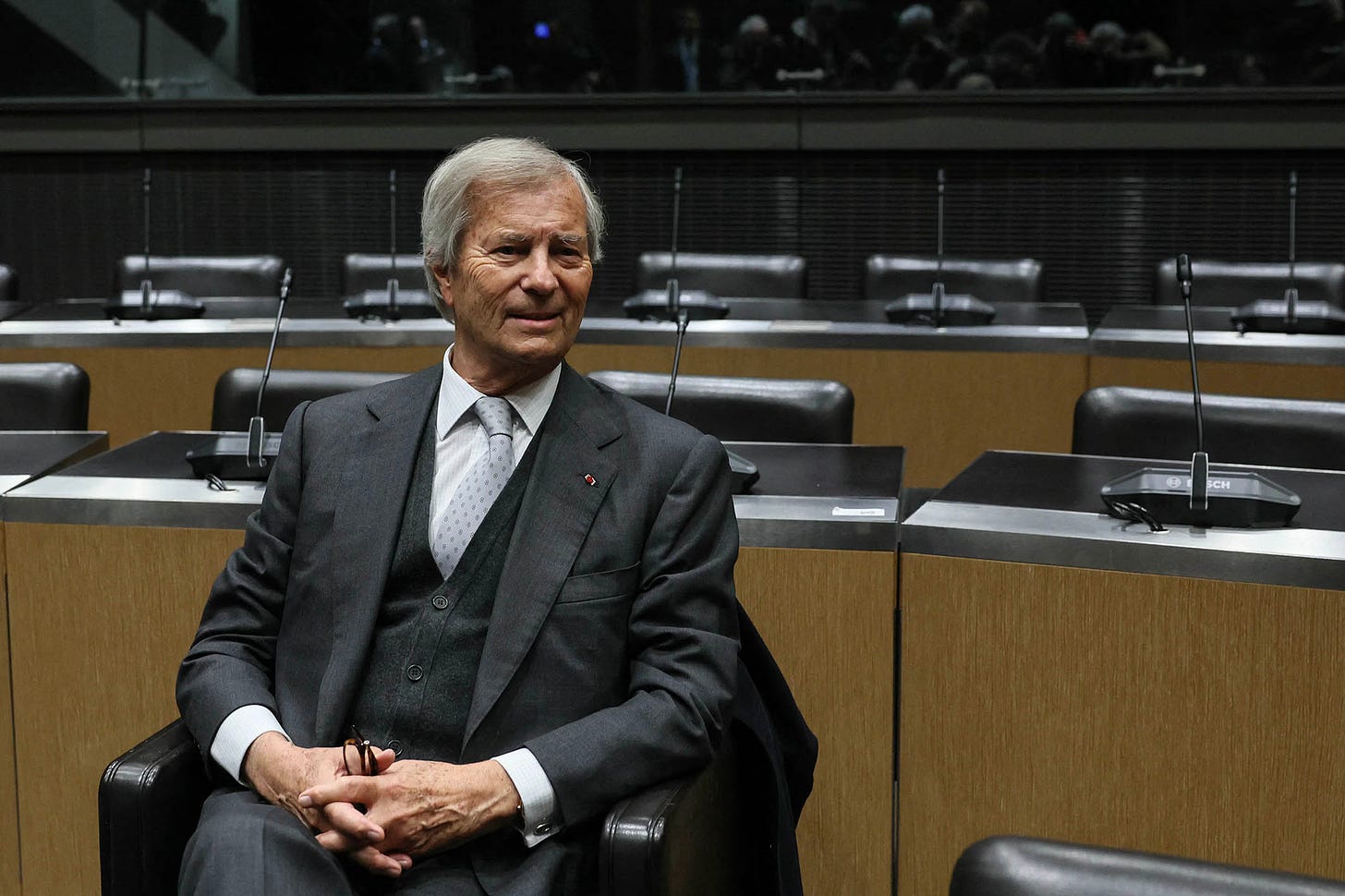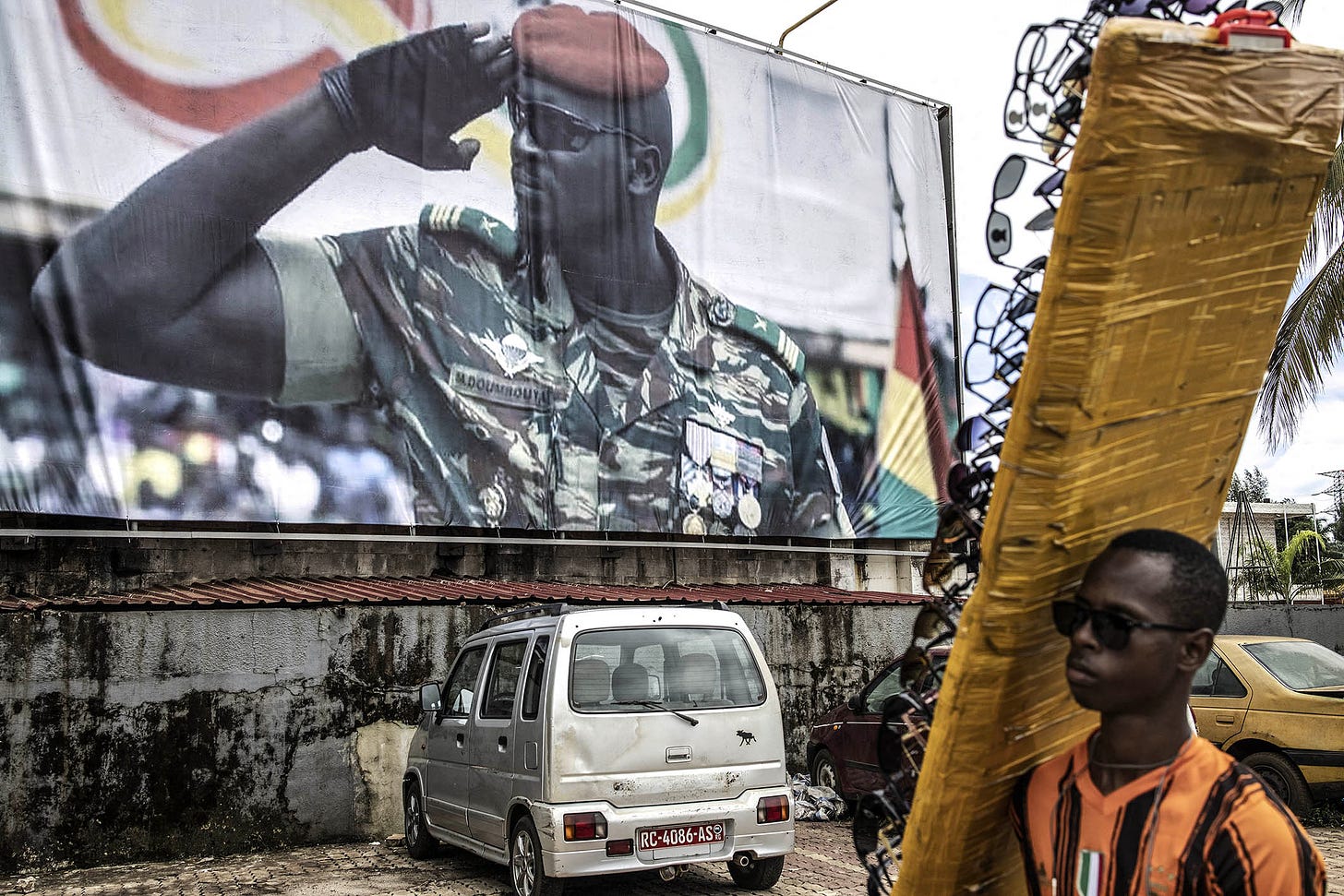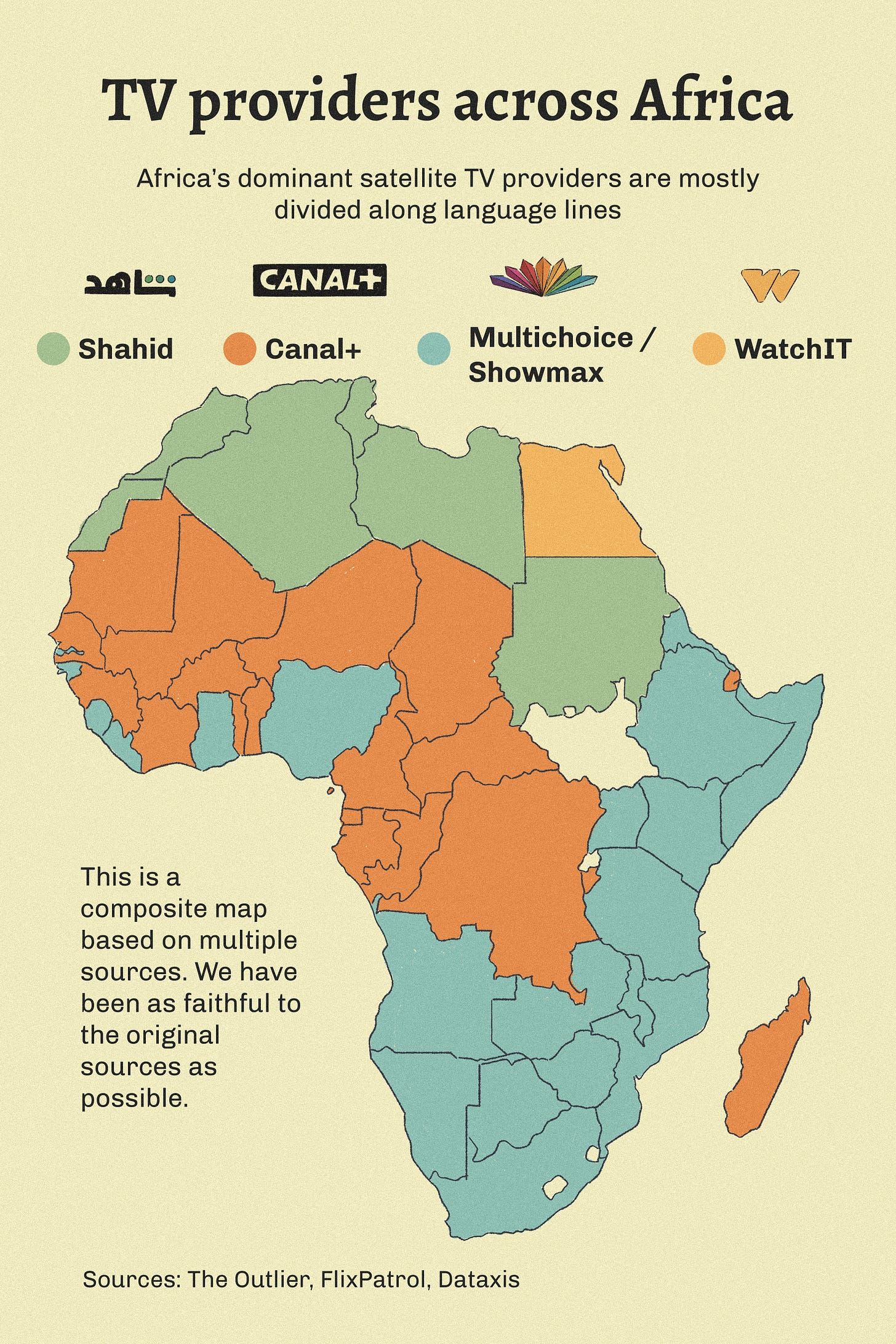Africa’s biggest-ever media deal opens the door to far-right nonsense
The family group behind Canal+, headed by billionaire Vincent Bolloré, has a habit of turning the media it buys into versions of Fox News, peddling extremist opinions for ratings
Simon Allison
One of the biggest media deals in the world – and the biggest-ever on the African continent – is being negotiated in South Africa. If it goes through, a French billionaire with a track record of buying media and using them to promote far-right ideologies will have access to tens of millions of African homes.

Vincent Bolloré is no stranger to controversy. Described by Bloomberg as “the French Rupert Murdoch” who is in the process of “building his own right-wing media empire”, he has been implicated in at least one corruption scandal in West Africa.
A successful businessman, Bolloré has used his money to buy media companies. His family company, the Bolloré Group, owns a controlling stake in Vivendi, which owns the French television giant Canal+. It is the largest satellite television provider in Francophone Africa. And it wants to buy the continent’s other big provider, South Africa-based MultiChoice, which owns prominent brands that include DStv, SuperSport and Showmax.
This de facto monopoly could give the group and the Bolloré family extraordinary influence over what appears, or doesn’t, on some 30-million African television screens.
‘A real danger to both press freedom and democracy’
Reporters Without Borders (RSF), a journalism defence organisation, says there is such a thing as the “Bolloré system” when it comes to how the billionaire – who it says “systematically sues journalists investigating his business dealings” – manages his media assets. Although the 72-year-old officially retired in 2022, a Le Monde investigation found that “in practice, he continues to manage everything, including the media”.
The clearest example of the “Bolloré system” is the recent history of what is now CNews, a French television channel owned by Canal+. In an investigation, Nieman Reports – a media watchdog based at Harvard University – tracked how news there was replaced with often extreme opinion, creating what it dubbed the “Fox News of France”. This opinion “routinely make derogatory statements about migrants and have called on Muslims to renounce their faith”, playing a role in “mainstreaming far-right ideas about immigrants overtaking the French population”.
Operation Stop Bolloré – a coalition of dozens of prominent French journalists, academics and activists – claims this ideological stance is reflected across the media empire and is “unprecedented in our history”. In a 2022 statement, the group said: “The channel [CNews] becomes the place for the broadcast of hateful, racist, homophobic, sexist speech, that of the promotion of identity entrepreneurs, of incitement to violence, that of the trivialization of conspiracy, of climate denialism.”
In a 2021 documentary, RSF described Bolloré’s approach as “a real danger to both press freedom and democracy”.
Wider controversies
The Bolloré Group’s controversies are not limited to France or the media. In West Africa it has been accused of breaching journalistic ethics on at least two occasions to favour incumbent leaders. Most recently, in December, “Canal+ quickly cut the signal of three channels critical of [junta leader] Mamady Doumbouya from its offerings, at the request of the Guinean authorities,” according to The Africa Report.

Another controversy was reported by RSF in 2021– an example of how Bolloré allegedly influences his media assets to further his own business interests. “Bolloré, who has many business interests in Togo, got Canal+ to include a puff piece about Togo and its president in its current affairs programming, as if it was regular journalistic reporting,” it said.
Bolloré is currently on trial in France, where prosecutors accused him and two Bolloré Group associates of bribing the president of Togo, Faure Gnassingbé, to obtain a lucrative port operating licence. T he trio deny all wrongdoing (although they did plead guilty in an earlier settlement deal, which was thrown out by a French judge – on the basis that the charges were too serious to be settled out of court, and potentially undermined the sovereignty of Togo).
Representatives of Vivendi and Canal+ dismissed concerns that the proposed takeover could threaten press freedom and democracy in Africa, saying that MultiChoice does not produce news. They also said Vivendi owns numerous media outlets around the world which cover a diverse range of genres and views.
On Bolloré’s influence, they directed The Continent to his appearance before a French parliamentary committee earlier this year when he said he has “no ideological project” and he considers himself a Christian Democrat and “very gentle and good natured”.
The Bolloré Group’s press contact could not be reached for comment.
South Africa’s competition commission is currently looking at the proposed takeover, which values MultiChoice at $2.9-billion.
Vivendi argues that the merger is necessary because of the changing nature of broadcasting: it must compete not just with satellite TV operators, but also with streaming giants Netflix and Disney+.




